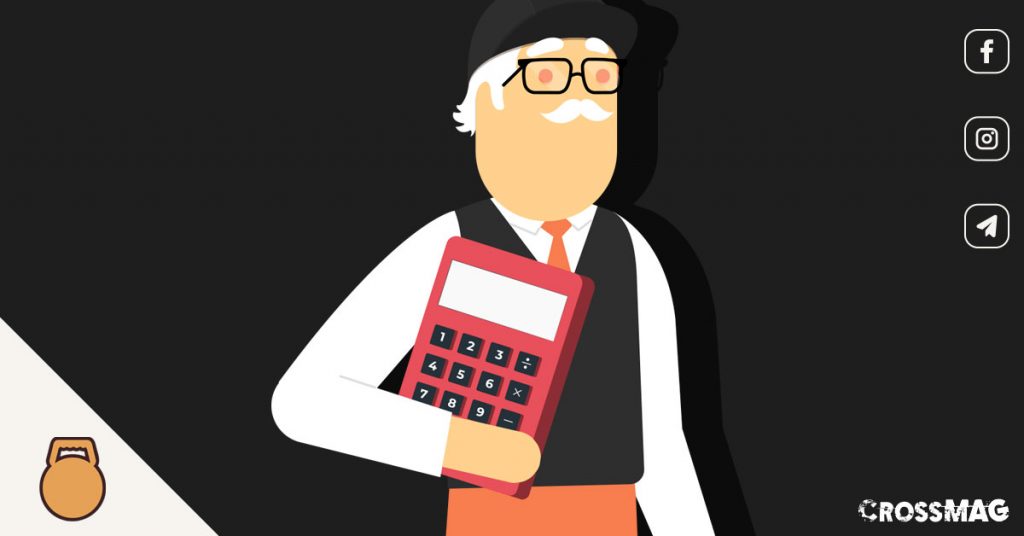Those who have undertaken a dietary path at least once surely found themselves wondering "How to calculate the daily calorie requirement?", it's not true?
The daily energy requirement represents the amount of Calories to hire to reach the ideal weight if you are currently on overweight (Slimming diet) or if the weight is less (fattening diet).
To lose weight, therefore, you need to eat fewer calories than are burned; Counting calories is a good way to go about this process and is commonly used for weight loss.
Index
What are calories?
Calories are one energy measure used to measure the energy content of food and beverages.
A food calorie is defined as the amount of energy needed to raise the temperature of one kg of water of one degree Celsius.
Calories are used for essential functions such as breathing and thinking and for daily activities such as walking, talking and eating; excess calories ingested are stored as fat.
Why Do Calories Matter?
We often hear that the calorie counting doesn't matter, but when it comes to weight maintenance or loss they are very important.
According to you it can lose weight by ingesting more calories?
It depends. Several studies on overeating have shown that when people do eat more calories than they burn, the weight increases. This shows us that counting calories and limiting your intake can prevent weight gain.
How many calories should you eat?
The daily caloric requirement for each person is very variable and depends on many conditions; factors such as sex, age, weight, level of physical activity, pre-existing syndromes are all values to be taken into account in trying to understand how many calories you need to take.
For example, a 35-year-old male athlete will need a much higher caloric intake than a sedentary 70-year-old lady.
There are several online calculators to evaluate your calorie needs, but our advice is always to contact a professional nutritionist who will know your body over time and how it responds to the decrease or increase in calories.
Does the quality of the food matter?
Calories are important for tracking how much you eat, but they don't give any information about food quality.
For example 100 calories of broccoli will affect the body differently than 100 calories of french fries.
It is always good to base one's diet on quality foods from plants or animals that have been minimally processed; these foods not only provide health benefits, but also make it easier to consume fewer calories over the long term.
Tips for a good calculation of daily calorie needs
- Be prepared: Before starting a diet, get a calorie counting app, decide how to measure portions and prepare a good meal plan.
- Always read the food labelsNutrition labels contain a lot of useful calorie counting information, but be sure to check your serving size.
- Eliminate temptations: throw away the "junk food"You have at home; this will help you choose healthier snacks and make it easier for you to reach your goals.
- Aim for slow, steady weight loss: don't drastically reduce calories, because it is true that you may have a greater initial weight loss, but the risk of regaining the lost pounds is higher.
- Exercise: the most successful weight loss programs include diet and exercise; make sure you eat enough to have energy for sports.
We have activated a lot of discounts on Amazon: from 30 to 70% on all sports categories! It's all on our dedicated channel
SUBSCRIBE HERE TO THE TELEGRAM CHANNEL

